July 4, 2023
Providers show large discrepancies in follow-up care for children with acute kidney injury
A survey of healthcare professionals who treat children with acute kidney injury (AKI) shows widespread discrepancies in follow-up care practices, underscoring the need for more guidance on long-term follow-up in this population.
Children admitted to the pediatric intensive care unit (PICU) with stage 2 or worse AKI are at a higher risk for developing chronic kidney disease (CKD) or hypertension within seven years of discharge from hospital. However, there are no existing guidelines for healthcare professionals to support long-term follow-up care. Adrian Che and colleagues sought to better understand current follow-up practices by surveying 34 pediatric nephrologists, 46 PICU physicians, and 82 PICU nurses across Canada.
The survey results show that both nephrologists and PICU physicians agree that severe hyperkalemia was the most important reason to start renal replacement therapy (RRT). However, there were significant discrepancies in beliefs related to follow-up care between these two groups of providers. Nephrologists generally reported having a lower threshold for when to recommend follow-up care for pediatric AKI patients. They are more likely to inform families that post-AKI long-term follow-up is required for all levels of AKI severity, compared to PICU physicians and PICU nurses. Although all nephrologists agreed that patients requiring RRT should be followed up by a nephrologist, there was substantial variation in nephrologists’ perspectives on the duration of long-term follow-up required. Notably, no pediatric nephrologists and only 9% of PICU physicians reported their unit had an institutional guideline for when to initiate RRT in pediatric patients.
Collectively, these results underscore the need for more harmonized management of AKI among healthcare providers with the goal of optimizing outcomes and unifying care processes, the authors say.




